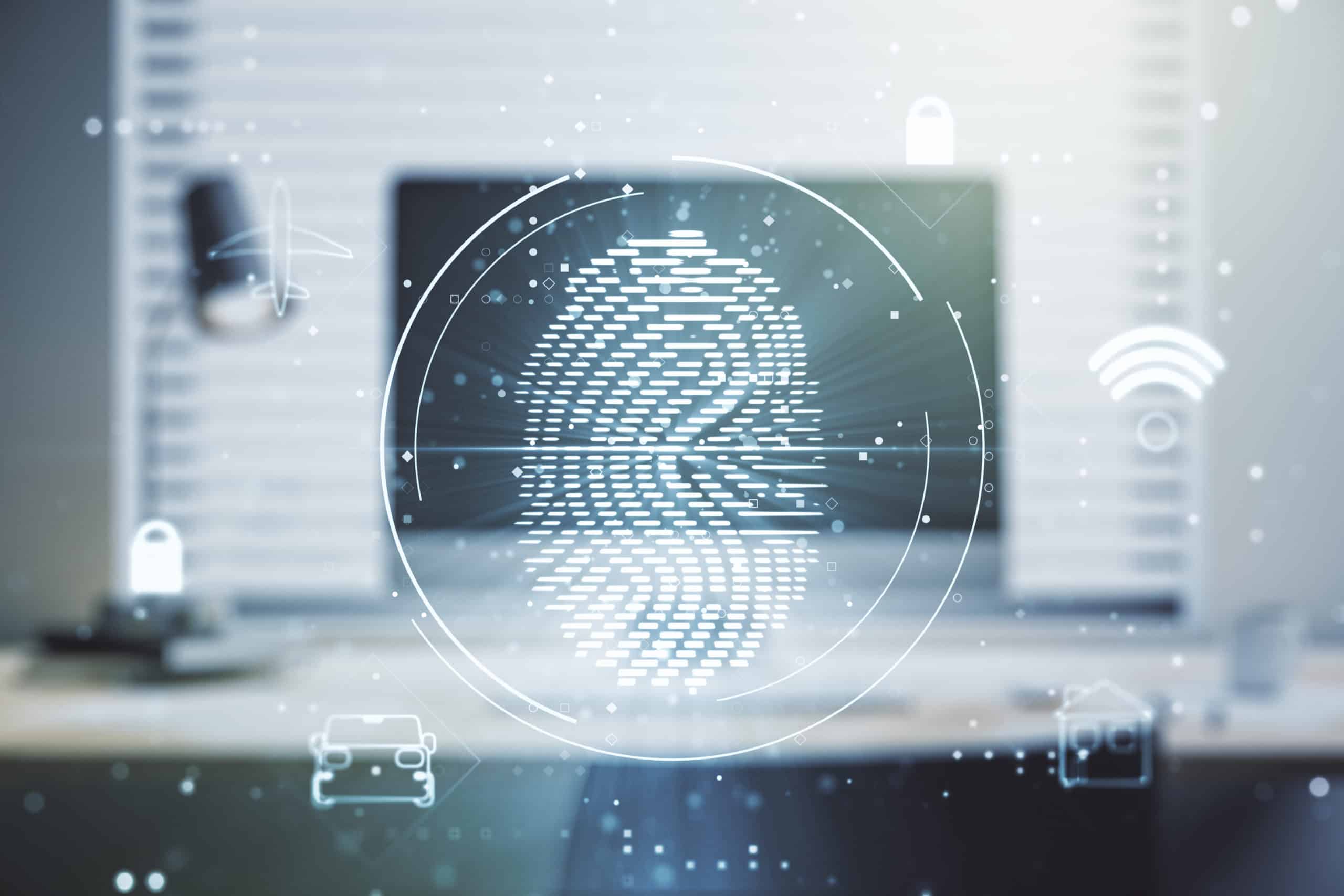Perhaps one of the most interesting lessons that people in sales and marketing have learned from the digital era is this; people will go with whatever solution is the easiest. We see this in the evolution of how software and music piracy have evolved over the decades. In the past, people copied and used software illegally, or downloaded and used free—but illegal—files of music and movies because these alternatives were cheaper and easier than buying legal or physical copies.
Today, the piracy of TV, film, music and even software has dropped substantially, and it’s not because people themselves developed a higher sense of ethics. Instead, the rise of streaming services that gave people a huge amount of easy to use, easy to access content for a monthly fee, was actually easier than keeping track of file-sharing communities and managing a media library. Why struggle with downloading seeds of the latest song when it’s already on Spotify or YouTube?
Payment Processing Should Evolve
The same holds true of how things are paid for, especially on the Internet. Right now, there’s still a little bit of a hump for many people to overcome when it comes to buying things online. This is especially true for a first-time customer at a new online store. Accounts have to be created, details need to be given and credit information has to be filled in. If we could find a way to make these processes less tedious, online purchases could be faster and more fun for everyone. The same rule applies here; if you can simplify it, more people will take part.
Biometric ID is one possible future for payment processing. With fingerprint, face, voice, or retinal scans available—or a combination of these—payment processing and confirmation could be much faster and more painless. A quick look at the camera, or press of a finger, and you’re done.
By doing debit and credit card processing, we can open up even more avenues for purchases. And if we can do that, everyone benefits.





